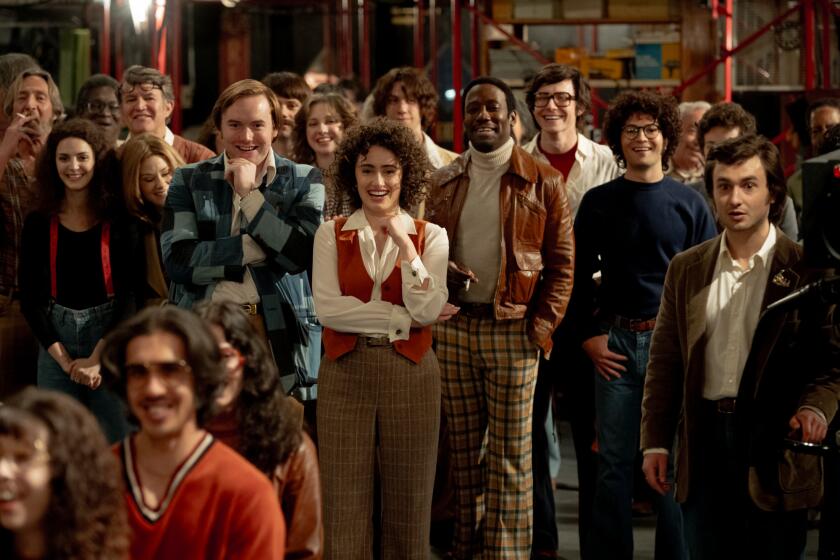Appreciation: On the generous curiosity of Jonathan Demme and how he allowed audiences along for the ride
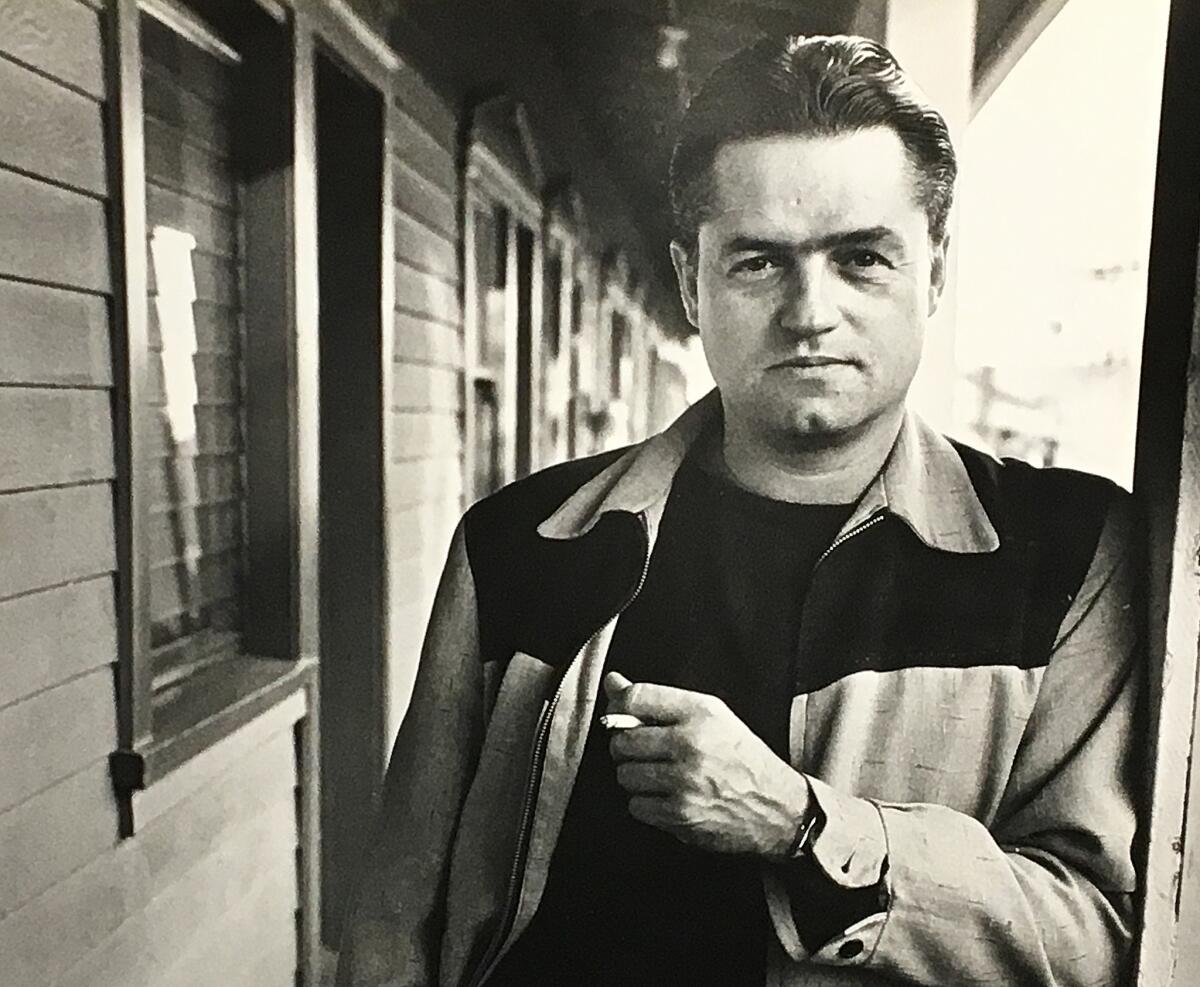
The death of Jonathan Demme comes as a shock because his films felt so alive. Seemingly guided by the spirited convictions of his creative generosity, emotional openness and observant, exploratory curiosity, Demme was an exemplar of an artist who refused to be defined as any one thing.
He made fiction features, documentaries and worked in television during a long and eclectic career, and won the Oscar in 1992 for directing "The Silence of the Lambs."
The strongest constant in Demme’s work was his unpredictability and a sense of constantly pressing on to something new.
At the same time he never seemed restless in the conventional mode of agitation. He exuded a contradictory sense of energetic enthusiasm and disarming calm that may well have been the key to his work as a collaborator.
Demme brought out the best in his performers, and had a particular eye to the dynamic of couples or pairs, including Paul Le Mat and Mary Steenburgen in 1980’s “Melvin and Howard,” Jeff Daniels and
He likewise brought out fresh, unexpected contours from performers such as Michelle Pfeiffer in 1988’s “Married to the Mob” and
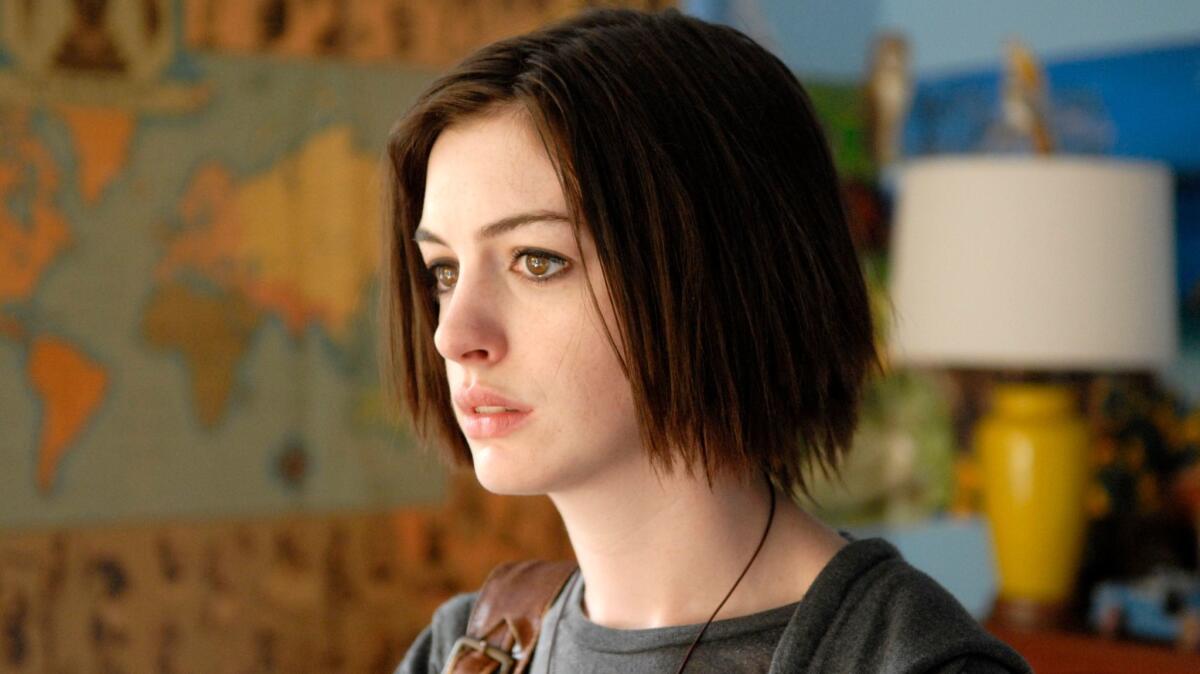
Demme took simple pleasure in the company of others, and shared that with audiences.
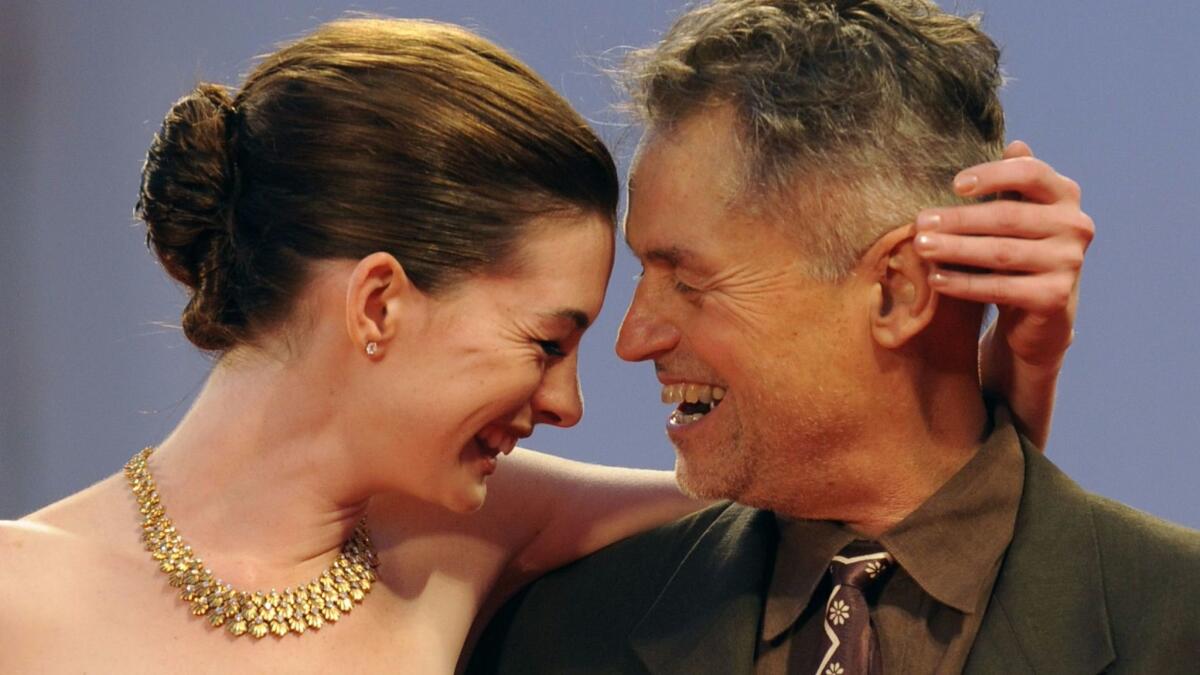
Demme’s earliest films in the 1970s were made under the tutelage of low-budget producer Roger Corman, and it says something about the both of them that Demme never disavowed or seemed embarrassed to be associated with movies carrying titles like “Caged Heat” or “Crazy Mama.”
As Demme moved on to films like “Citizens Band” (later known as “Handle With Care”) or “Melvin and Howard,” still rooted in something of an outlaw Americana, he wasn’t leaving behind the wilder, untamed aspects of his earlier work. Demme’s progression as a filmmaker was purely additive, always making room for more.
His films also never existed in a bubble, always showing an evolving social awareness and often even critique through his interest in the lives of working people, his elevation of female characters and attention to cultural inclusiveness.
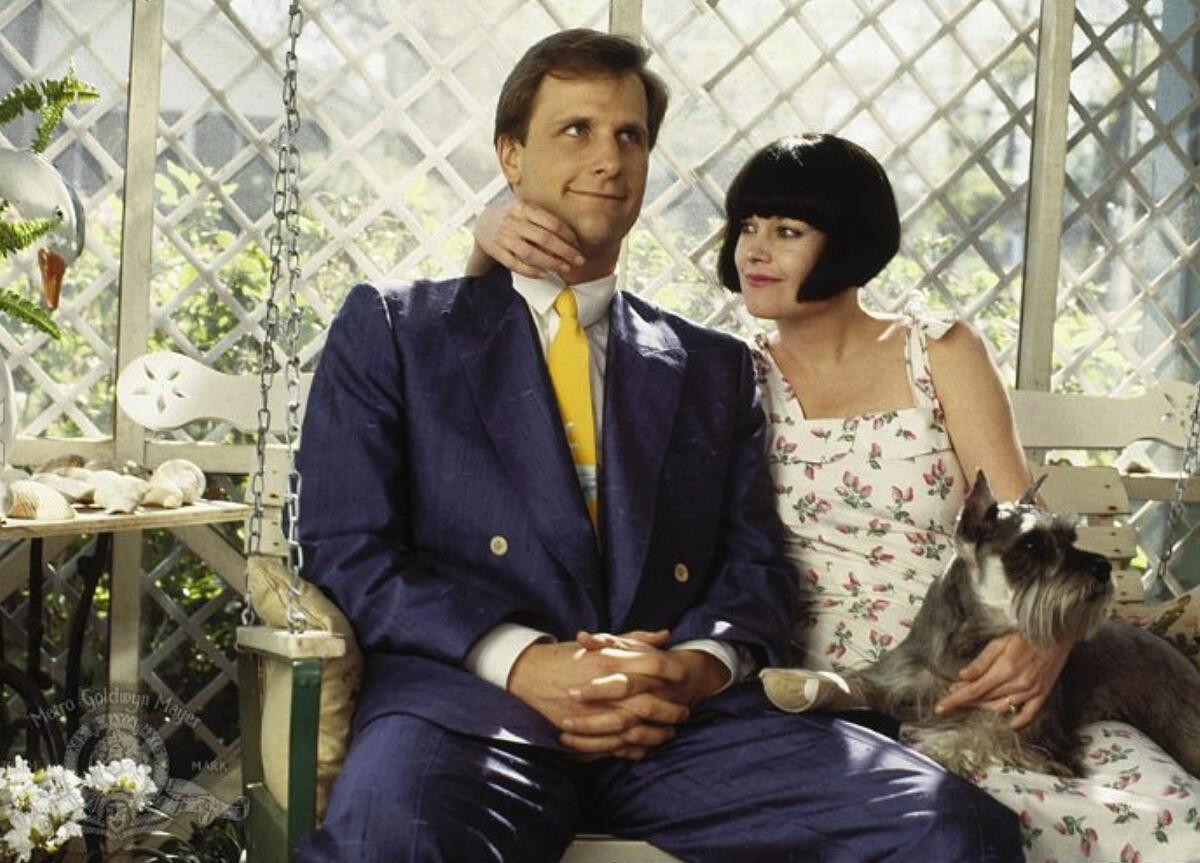
Demme brought out the best in his performers, and had a particular eye to the dynamic of couples or pairs.
Among the most evocative images in his filmography is a moment in “Something Wild,” a road-trip romance by turns sexy, sinister, sincere and bittersweet. The makeshift couple of Daniels and Griffith pick up a series of hitchhikers crammed into their used convertible, and everyone sings together to the 1960s tune “Wild Thing.”
In that instant, the director brought together people of different genders, generations, races and cultures for a joyful connection. Like that scene, Demme himself seemed always on the move, delighting in picking up fellow travelers along his way.
“The Silence of The Lambs,” which won a total of five Oscars including best picture, may be Demme’s most accessible, commercial picture and yet it also still feels entirely his own — a film without concessions, pulling together strands from his exploitation-film origins along with his deeply felt emphasis on character to become both a chilling serial-killer tale and a story of self-discovery and self-reliance.
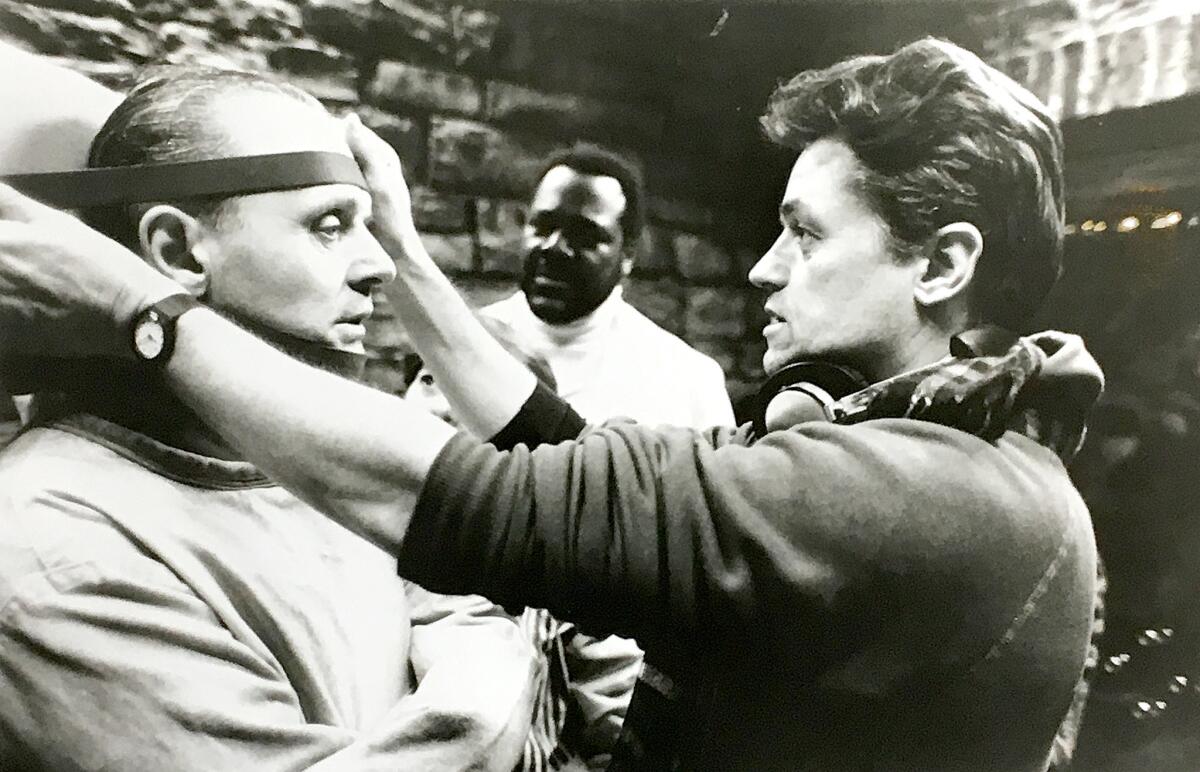
The strongest constant in Demme’s work was his unpredictability and a sense of constantly pressing on to something new.
Focusing on Demme’s fiction films doesn’t even begin to capture the breadth of his documentary and television work. His 1984 Talking Heads concert film, “Stop Making Sense,” is still unrivaled for capturing onstage excitement and the dynamics of a group performance. “Swimming To Cambodia,” capturing monologist Spalding Gray in the 1987 film, has a deceptive simplicity that belies its complex alchemy of stagecraft and cinematic techniques.
Demme’s last two fiction features were “Rachel Getting Married” and “Ricki and the Flash,” in which, respectively, Hathaway plays a young woman finding her way and Streep plays an older woman getting back on her path. Taken together they form a sweet summation of Demme’s belief in the power of people, their abilities to connect, to overcome, to move forward.
In “Ricki,” a central section of the film finds Streep and Kline as an estranged couple coming together to support their troubled child, played by Streep’s real-life daughter Mamie Gummer. One can feel Demme’s sense of excitement in just watching these three hang out, connecting to them as performers and as characters, allowing them to feel very much like people. Demme took simple pleasure in the company of others, and shared that with audiences.
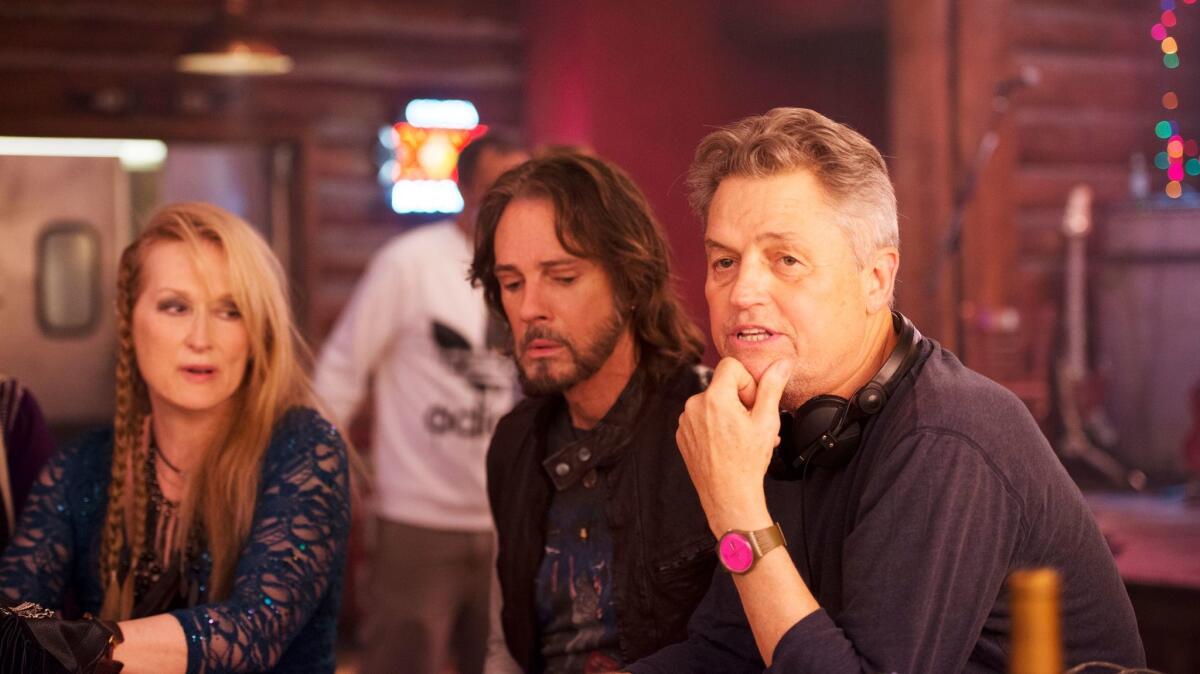
Yet even that wasn’t quite the end. Demme’s sense of drive, of pushing on to the new things, continued unabated. Last year saw the premiere of the exuberant concert film “Justin Timberlake + the Tennessee Kids.” And in an unexpected coincidence, the day of his death saw the premiere of an episode of the television drama ”Shots Fired,” which Demme directed.
Jonathan Demme’s entire career felt like a celebration. If he seemed forever young it was perhaps because he never allowed himself to become outdated, pursuing success on his own terms while remaining ever open to new influences and outside ideas.
In an appearance at the 2015 Los Angeles Film Festival before the release of “Ricki,” Demme summarized his own core inspirations with a humble deference.
“I do like making positive movies,” he said. “I sort of feel like at the end of the day I’d rather make pictures that have the potential for leaving somebody slightly on the upside of the experience as opposed to taking away something cynical or wrong. That’s such a fuddy-duddy perspective, but that’s just how I was raised, I guess.”
More on Jonathan Demme
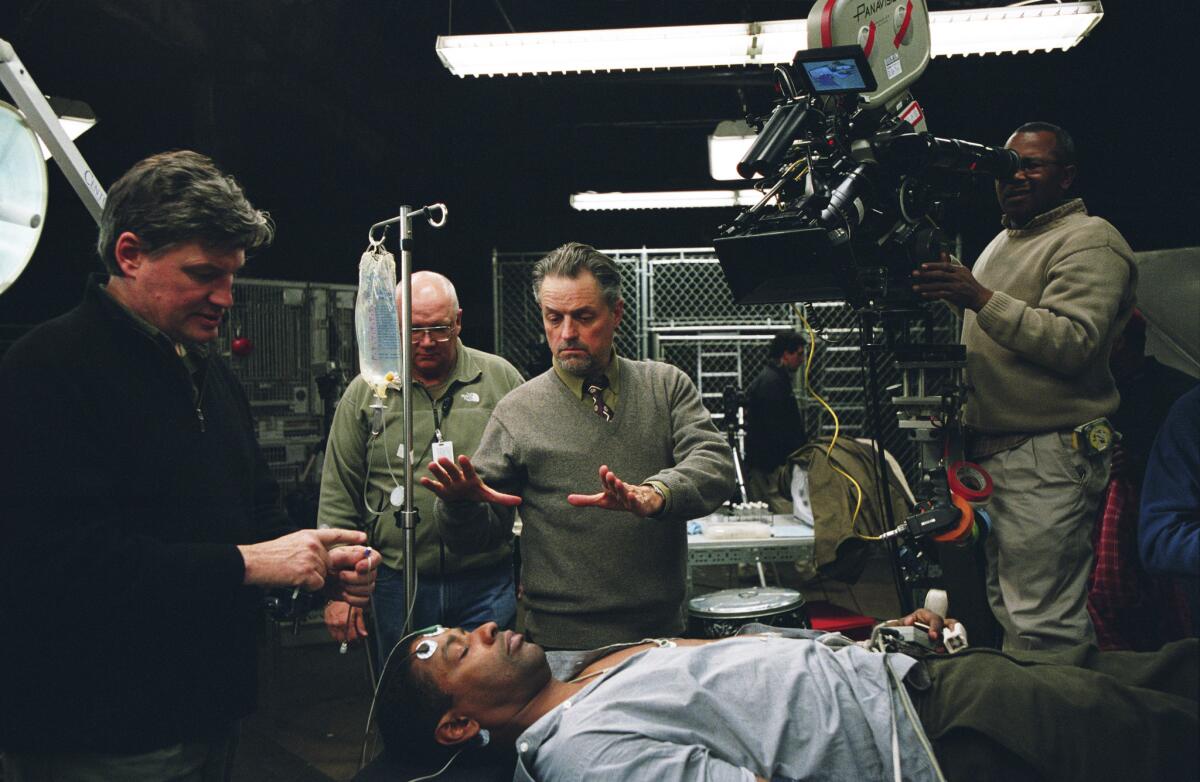
Obit: Jonathan Demme, Oscar-winning director of 'The Silence of the Lambs,' dies at 73
Filmmaker Jonathan Demme possessed a rock 'n' roll spirit
Critic's Pick: 'Stop Making Sense' still one of the best band documentaries ever
L.A. Film Fest: Jonathan Demme talks Meryl Streep, 'Ricki and the Flash'
One of Jonathan Demme's last works, an episode of 'Shots Fired,' will air on Fox
Review: Meryl Streep rocks in 'Ricki and the Flash,' but story is out of tune
Jonathan Demme: Career in pictures
SIGN UP for the free Indie Focus movies newsletter »
Follow on Twitter: @IndieFocus
Only good movies
Get the Indie Focus newsletter, Mark Olsen's weekly guide to the world of cinema.
You may occasionally receive promotional content from the Los Angeles Times.






